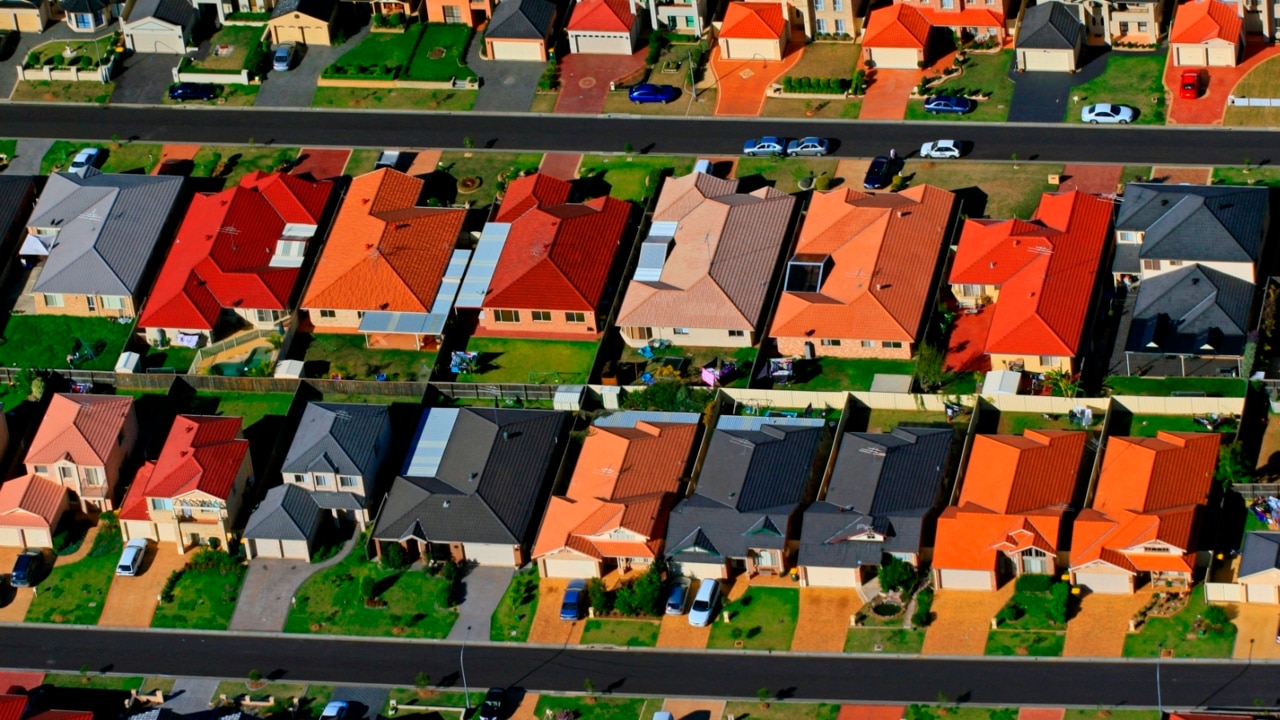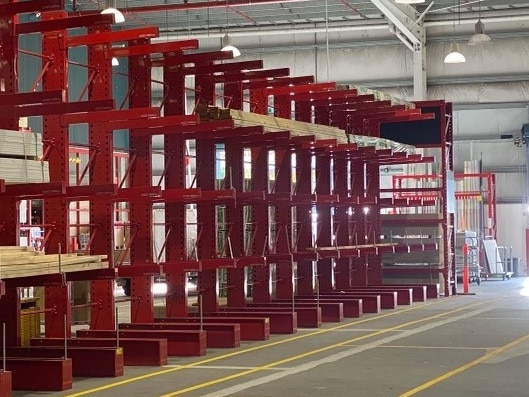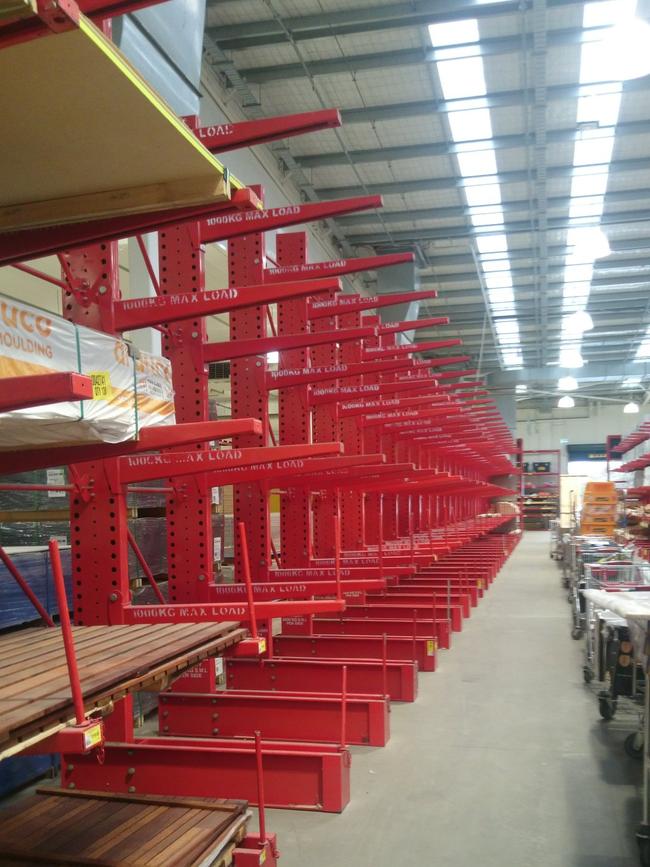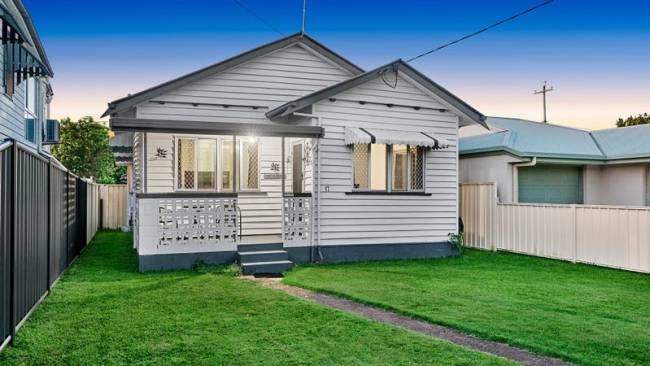Australian timber shortage: Construction delay warning as Bunnings warns it won’t tolerate abuse
Bunnings has warned of what it won’t tolerate amid a key issue affecting the construction industry, as Aussies face delays in renovations and new home builds.

Property
Don't miss out on the headlines from Property. Followed categories will be added to My News.
Australia’s timber shortage is sparking aggression at hardware retailers, as consumers are warned that the scarcity could blow out construction times on new homes and renovations.
It’s understood Bunnings customers have abused staff over the issue, which the nation’s peak housing industry association has predicted could last six months, and they have also had heated exchanges among themselves.
Bunnings said it was aware of the problem and would not tolerate such behaviour.
“We know constraints are causing some frustrations for people across the industry,” Bunnings’ merchandise general manager, Toby Watson said.
“The vast majority of our customers have been understanding and we support our team if they face any challenging conversations and take a zero-tolerance approach to inappropriate behaviour.”


Bunnings has experienced “unprecedented demand” for timber products, which it claims is due to people spending more time at home and incentives for new builds and renovations.
The shortage has meant it has had to pass on some price increases to customers, but the retail giant said it was working to minimise this as much as possible.
Mr Watson said it was “creating a challenge for the entire industry”, and demand was structural timer was particularly strong.
“We’re working with our Suppliers and Trade customers to forecast demand and plan earlier in the build process so we have additional time to manage orders as best as possible,” he said.
Housing Industry of Australia chief economist, Tim Reardon, said the shortage was likely to last for another six months.
Mr Reardon said there were two key factors driving the shortage: a local building boom in the wake of the federal government’s HomeBuilder scheme, and “enormous” overseas demand which has impacted Australia’s timber imports that domestic builders rely on.
He added that shipping containers had also doubled in price across the past 12 months, which was another challenge for suppliers in supplying products to consumers.

Low lumber supplies meant those building a new home may have to wait an extra six to eight weeks for completion, and renovations could also be delayed.
“Typically a detached house would be built within seven months and that might expand out by about six to eight weeks over the course of this year,” Mr Reardon said.
“So it’s not that things are unavailable, just that they take a little bit longer time to arrive and sometimes clients may need to adjust their preferences … or they may need to wait a little bit longer.”
Mr Reardon said it was expected the housing construction surge would continue until the middle of next year, and then return to a “more normal market level”.
He said timber supply would also improve as domestic manufacturers to ramp up their output, which would come as they trained new staff, and open or commission new mills.
He said that in many cases, steel could be used as a substitute for timber, but the decision to use it was “based upon the availability of skilled trades”.



